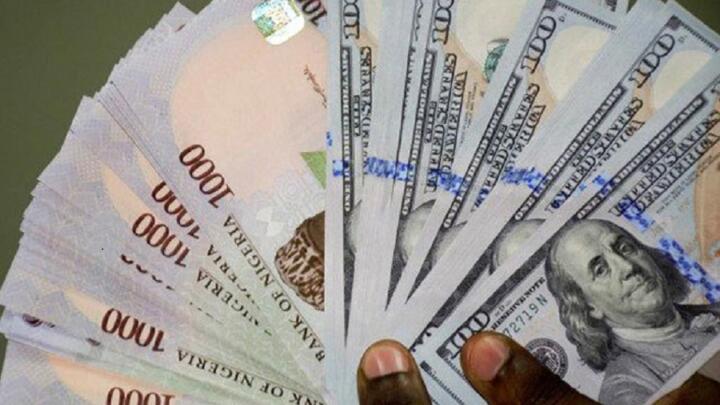The naira has lost ground against the dollar, reversing its recent gains in both the official and parallel markets. The local currency, which had shown signs of stability in previous weeks, depreciated amid renewed pressure from forex demand, liquidity concerns, and economic uncertainties.
At the official foreign exchange market, the naira weakened as traders and investors reacted to fluctuations in dollar supply and policy adjustments by the Central Bank of Nigeria (CBN). Despite recent interventions aimed at stabilizing the currency, the increasing demand for foreign exchange—particularly for imports, travel, and business transactions—has contributed to its depreciation. The shortage of forex liquidity has further strained market conditions, making it harder for businesses and individuals to access dollars at the official rate.

In the parallel market, the naira also declined, reflecting the persistent gap between official and unofficial exchange rates. Currency traders reported increased dollar demand from importers and speculators, with fewer sellers willing to offload their forex holdings. The widening disparity between the official and black-market rates continues to fuel speculation and uncertainty among investors and businesses relying on forex for transactions.
Analysts attribute the naira’s depreciation to multiple factors, including global economic pressures, declining foreign reserves, and the ongoing impact of inflation on Nigeria’s economy. Additionally, capital flight and reduced foreign investment inflows have compounded the currency’s struggles, as investors seek more stable markets for their assets.
The CBN has reiterated its commitment to stabilizing the naira, with ongoing measures such as forex market interventions, monetary policy adjustments, and efforts to attract foreign exchange inflows. However, experts warn that sustaining a stable exchange rate will require a combination of structural economic reforms, increased local production to reduce import dependency, and stronger confidence in Nigeria’s financial policies.
As the naira continues to fluctuate, businesses and individuals are closely monitoring the situation, with many calling for a clearer and more sustainable forex management strategy. The coming weeks will be critical in determining whether the local currency can regain stability or if further depreciation will add to Nigeria’s economic challenges.
Support InfoStride News' Credible Journalism: Only credible journalism can guarantee a fair, accountable and transparent society, including democracy and government. It involves a lot of efforts and money. We need your support. Click here to Donate
